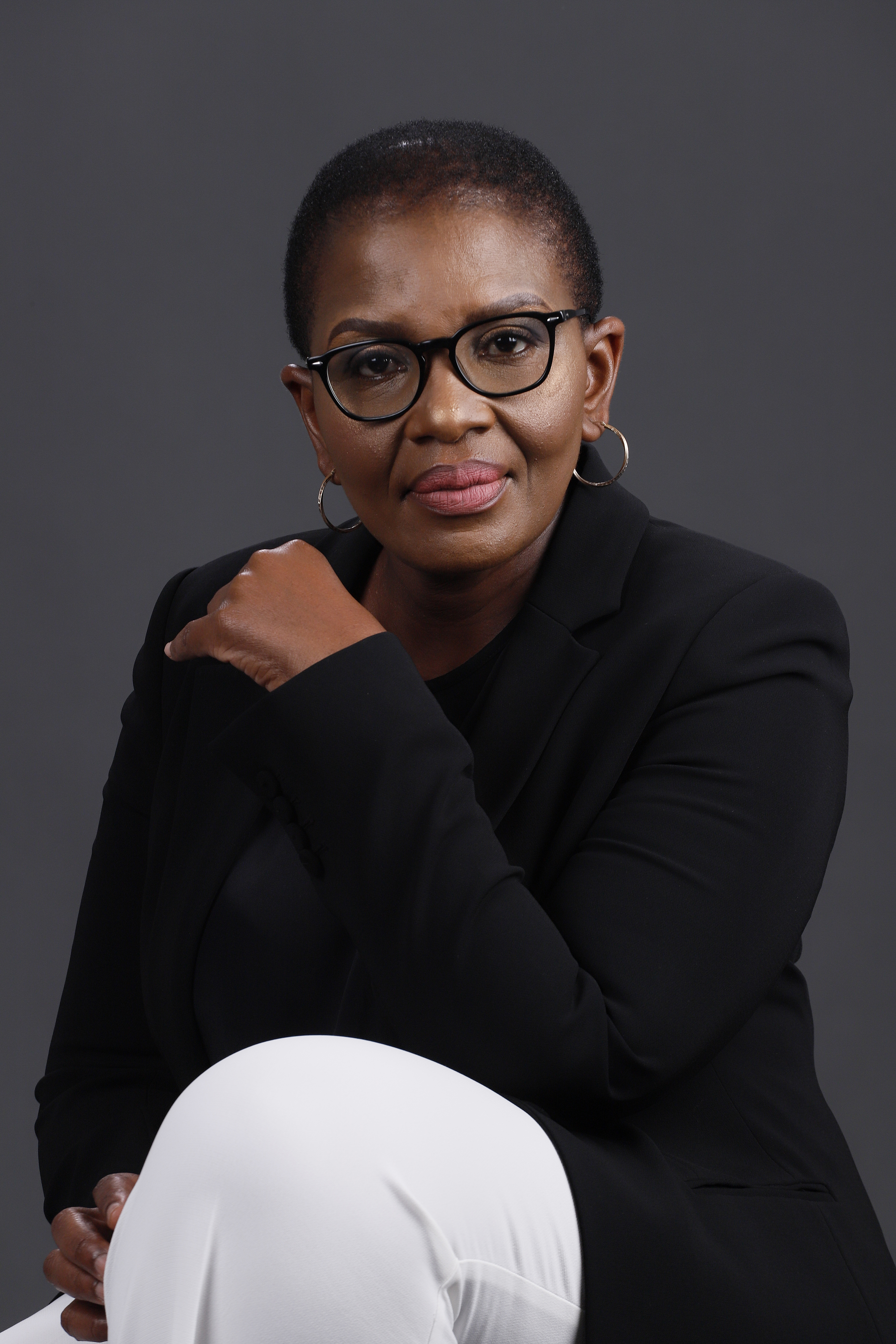VC REFLECTS ON STATE OF WSU RESEARCH IN 2024: “WE ARE COMING FOR THE SPACE, AND WE ARE UNAPOLOGETIC ABOUT IT.”

WSU’s strategic placement puts it in a unique and advantageous position to undertake empirical research that grapples with the complexities of South Africa’s development challenges, specifically the development challenges in the Eastern Cape.
According to recent statistics presented by the Vice-Chancellor and Principal, Prof Nolundi Songca, at the 2024 opening address, the university has experienced exponential growth in research output and NRF-rated researchers since rebranding as a university “In Pursuit of Excellence” in 2021.
“We have been very strategic in our approach to making sure that we increase our research output, and we plan to be more aggressive with our approach. Though there is still much work to be done, we’ve seen a great increase in the units of research output because of these efforts,” said Songca.
According to the data presented by the Vice-chancellor, between 2019-2020 the university recorded an estimated 62,66% increase in research output units and an estimated 72,58% increase between 2021-2022.
This is a result of journal publications, book publications, and conference proceedings publications.
“We are doing a decent job in terms of staff qualifications; however, we need to accelerate our efforts and provide proper support for our academics so that we increase these current numbers.”
In her reflections, Songca also boasted about the increase of NRF-rated researchers refocusing the university's efforts to respond to societal needs.
“This is another battle that we are winning,” said Songca.
In 2022 the Directorate of Research and Innovation (DRI) recorded the highest increase of NRF-rated researchers in the history of WSU, with six researchers inducted into the rating system.
From 2021 an estimated 72,22% increase in NRF-rated researchers was recorded, making a total of 26 NRF-rated researchers in 2023.
The Directorate, led by Prof Thobeka Ncanywa, is currently driving initiatives to reposition the university as an innovation-focused, research-active institution whose work shapes futures and changes lives.
“We have employed several strategies and will strengthen those efforts to make sure that researchers are supported in every way possible. These include identifying niche areas, conducting workshops to capacitate researchers, and developing researchers for NRF ratings through mentorship programs, amongst others,” said Ncanywa.
In her closing remarks, Songca said, “We are coming for the space, and we are unapologetic about it.”
By Ongezwa Sigodi
